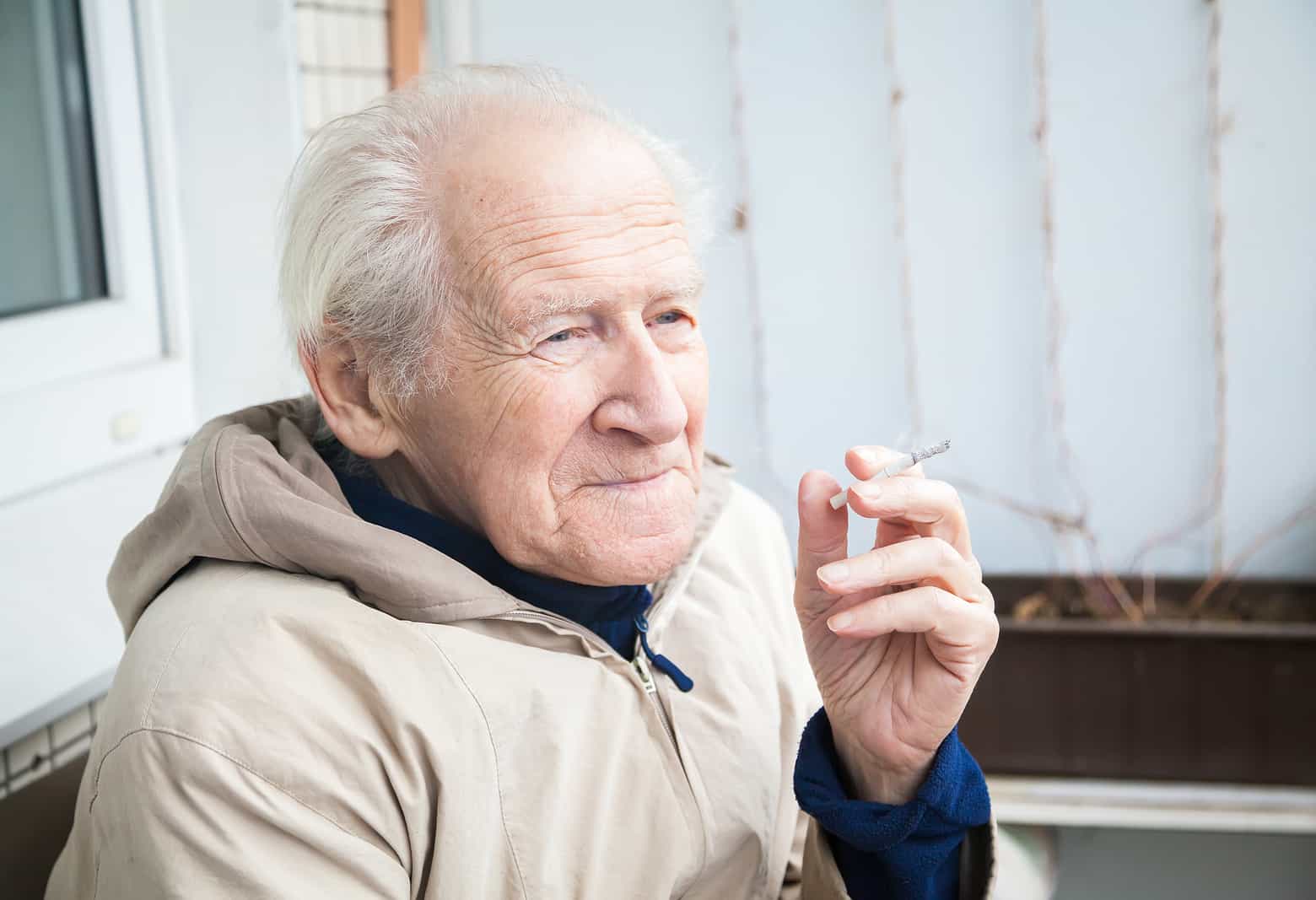
You’ve been told more times than you want to count that smoking is bad for you. Maybe you’ve tried repeatedly to give it up. It’s not easy. Yet, if you do quit smoking, the benefits to your health will be well worth the struggle.
Effects of Smoking
According to the American Cancer Society (ACS), one in five deaths in the United States are caused by tobacco-related illness. Tobacco is responsible for 30 percent of all cancer deaths and harms almost every organ in your body.
The good news? Your body begins recovering and repairing the damage immediately when you stop smoking. Like we said, quitting is well worth it.
How Do I Quit Smoking?
This may be your first or your fifth attempt. Despite much research, the perfect way to crush the habit hasn’t yet been determined. It takes a combination of tools. But there is one common thread in most successful attempts: support.
The ACS says that only 4 to 7 percent of people quit smoking without help and suggests that you choose at least two support options. These options include nicotine replacement therapy, counseling, family accountability and online or telephone support.
Choose a Quit Day
Pick a day in the near future (give yourself enough time to prepare but not enough to talk yourself out of it) and go cold turkey. Although it seems like gradually reducing your tobacco intake would help, a study by Oxford University found that quitting at once was more likely to bring success. 49 percent of participants who went cold turkey were still tobacco free after a month, compared to 39 percent of people who came off gradually.
Make a Plan
No matter how you decide to approach quitting, set a plan. Stock up on oral substitutes, such as chewing gum and hard candy. Remove ashtrays and cigarettes from your home, car and workplace. Set up an accountability support system. Have a family member or coworker you can check in with or take walks with when the cravings hit.
Fortunately, you don’t have to form your plan alone. ADP TotalSource® offers smoking cessation assistance through its Employee Assistance Program. Talking with a counselor helps you learn your options and choose support resources that suit you. Maybe you’d rather use a patch than gum, or you’d prefer medication to help you quit. Maybe you’re more comfortable with support by phone than in-person sessions. A counselor can help you work through these preferences and develop a plan with you, plus help along the way if you struggle or slip up.
What to Expect
Nicotine is addictive. You can expect to feel physically, mentally and emotionally awful while you go through the withdrawal process. Withdrawal symptoms are the worst about two to three days after quitting, so plan activities or get support on those days.
The emotional aspects are some of the hardest to deal with. You may need to change your routine and avoid situations where you usually enjoy smoking (think happy hour or your lunch break).
The Rewards
It only takes 20 minutes after you skip a cigarette for it to start paying off. After 20 minutes, your blood pressure and pulse decrease. Want to know what other good things are in store? This infographic by Cleveland Clinic shows the benefits of not smoking over time. You’re just 24 hours away from a lowered risk of heart attack and mere months from increased energy levels.
The going will be tough, but with a plan and dedicated effort, you can get through this. Even if you slip, try again. Talk to your support buddy today for some encouragement.





